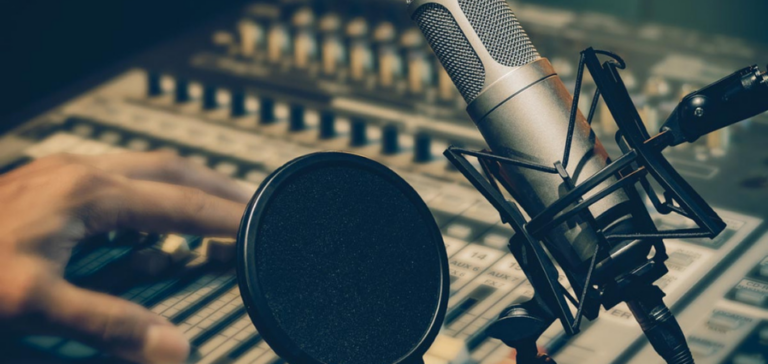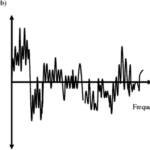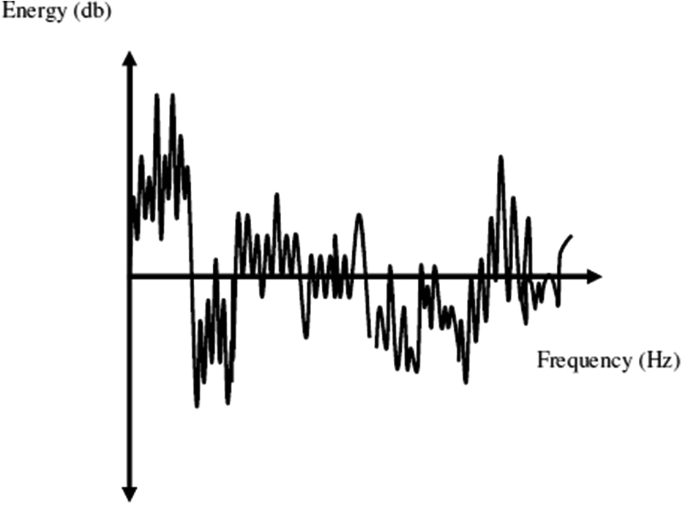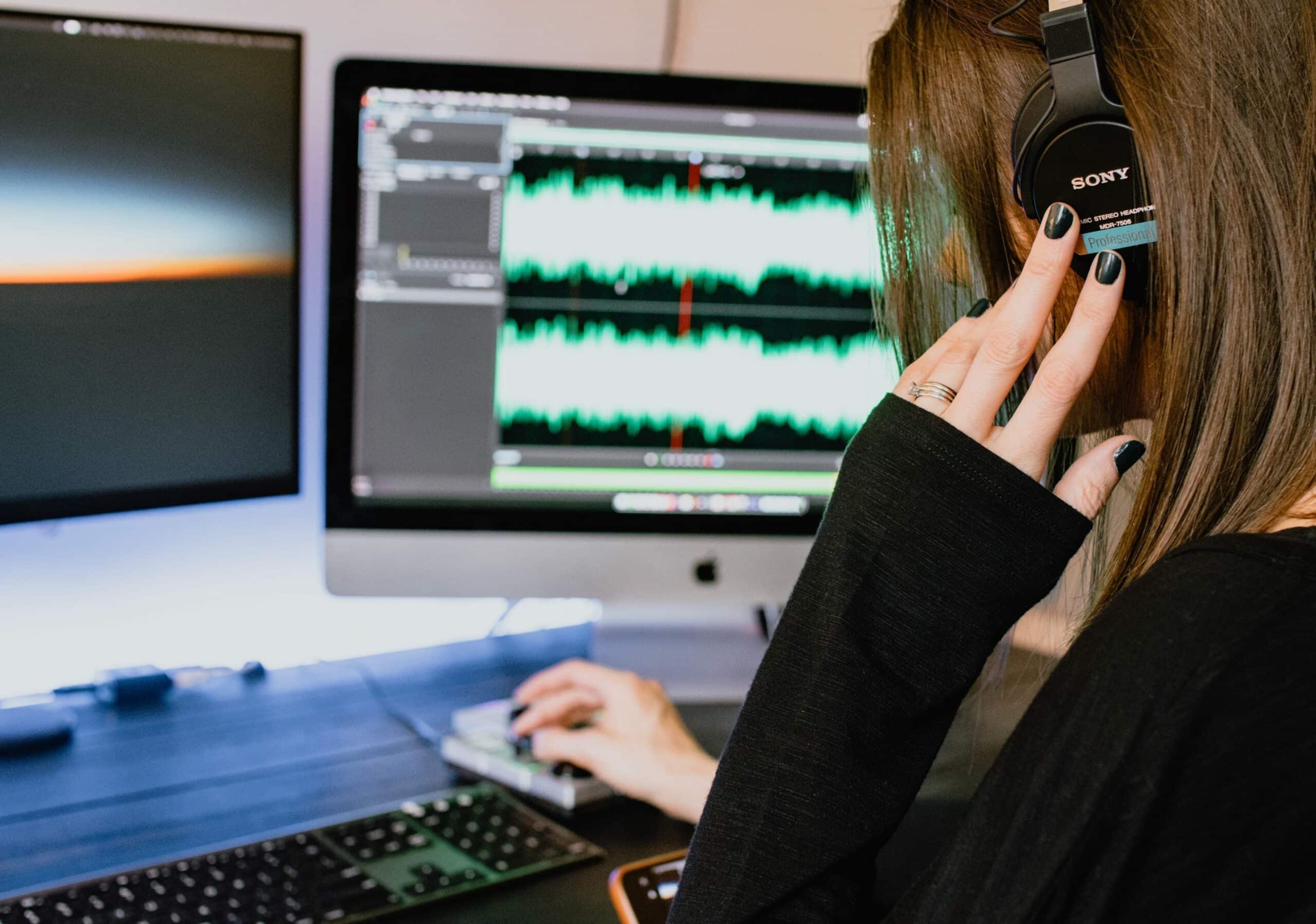Audio production includes a number of different tasks, and it relates to recording, editing, mixing, and mastering audio. It is done to prepare the audio for public release. Although people think of music production when they think of audio, it is used in any industry that records audio.
How Audio Production Works in Music?
With music, audio production includes the entire process from writing the song to mastering the track for distribution. Today, people who produce music are involved in the entire process, with specialists stepping in for each step. Take a look at the following phases of music production.
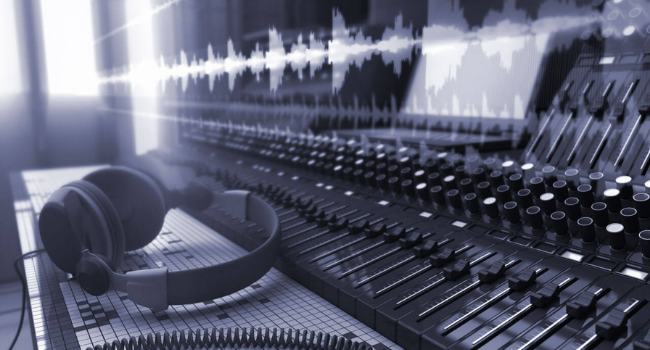
- Songwriting: Songwriting is the process of creating the lyrics and melody to a song. The producer usually assists the artist in this process, and there are times when a songwriter is hired for a project. Each artist is different, so some write their own music, while others work with someone else who does it for them.
- Arranging: The next step in the process is composing the chord progressions of the main melody. This involves selecting the instruments and the structure of the song. Arranging happens during the songwriting phase, and the producer is usually involved along with the artist and possibly a songwriter and composer.
- Recording: Once the above phrases are complete, the recording phase begins. A recording engineer comes in and helps select the microphones. This professional also sets up the recording equipment and manages the mixing on the console. Many artists actually record at home and produce their music with their computer, a microphone, and a few other pieces of equipment.
- Editing: Once the song is recorded, the audio editor goes through all of the takes and selects those that are best. They might use comping, which is a process of taking the best parts of each take and splicing them together. They clean up the audio and get rid of excess noise. They can reduce amp noise, fret squeaks, and breathing. They also make adjustments if there are issues with timing and pitch, and they make sure that all of the parts of the recording come together.
- Mixing: Mixing is the next step in music production, and this is where a mixing engineer makes sure that all of the instruments, including the voice, sound good together. The mixing engineer uses a DAW, which is a digital audio workstation, as well as different plugins. They polish the audio and use different tools, including EQ, panning, delay, reverb, compression, and more to make sure that all of the audio fits together.
- Mastering : The final phase in the production process is mastering. Some artists master their own music with different tools, but others go to a professional for help. Mastering involves improving the quality of the track, balancing the tone, and bringing the volume to where it needs to be to sound great across different mediums. All of the tracks on the album should sound like they go together, and the mastering engineer is the professional who makes this happen.
What Other Industries Use Audio Production
Audio production is used for more than music. It is also used for film, podcasts, an?d video games, as well as voice recordings and more. Any industry that relies on audio recordings for any reason uses audio production to make it happen.
What Kind of Audio Production Careers Are There?
There are many different careers in audio production, including the following:
- Songwriter
- Music producer
- Audio engineer
- Mixing engineer
- Mastering engineer
- Sound designer
- Lost production engineer
- Sound supervisor
Ways to Start Audio Protection
If you are interested in working in audio production, there are different ways to make it happen. The one you take depends on you and your best style of learning.
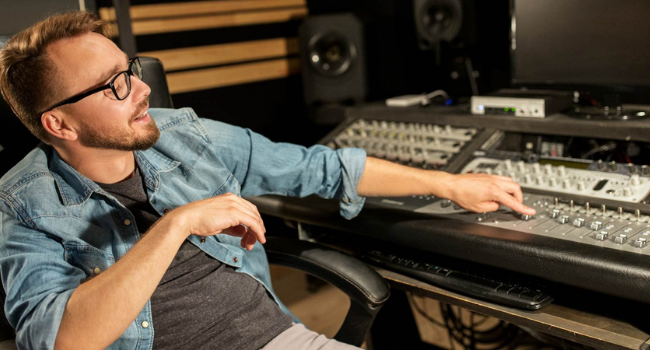
- Formal Education: Some people learn most effectively in the classroom. If you prefer structure, this is a great option, and many different universities allow you to get your degree in audio production. You will learn everything you need to know if you take this route.
- Undertake an Apprenticeship: If school isn’t your thing, you can get hands-on experience by undertaking an apprenticeship. This is a great way to get experience while you are learning. You may be able to work for film crews or in local studios. Even if all you do is observe people who are working in audio production, you can gain a lot of knowledge.
- Look at Blogs and Tutorials: There are many different blogs and tutorials that you can follow to learn more about music production. You can find specialized articles and videos to focus on specific aspects of the production. Look for educational content and learn everything you need to know if this is the style of learning that works best for you.
Tools You Can Use for Audio Production
There are many different tools that you can use for audio production. They range from hardware tools to software tools, and you need a mix of both. Take a look at the following.
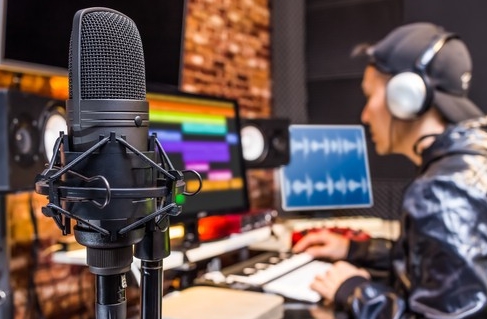
Some of the tools include studio microphones, mixing consoles, pre amps, and a lot of different types of recording equipment. This might include equalizers, compressors, and more to make sure that you capture sound in the right way.
Then, you need audio production software. After the recording, the audio production all takes place on a computer most of the time. The music producers, mixing engineers, and mastering engineers use a digital audio workstation or a DAW to finish processing and export the final audio.
There are also plugins that they use, which is software that allows for manipulation of the audio in different ways. You can create effects and make sure that the final result has the sound you are looking for.
Final Words
Audio production includes the entire process of creating a song from start to finish. A music producer is usually a part of this process from the beginning, but there are also specialists who may be involved in mixing and mastering the song. You can hire a professional for help if you need to, and there are many ways to gain the experience you need. You can get a formal education, get experience as an apprentice, or teach yourself online.

